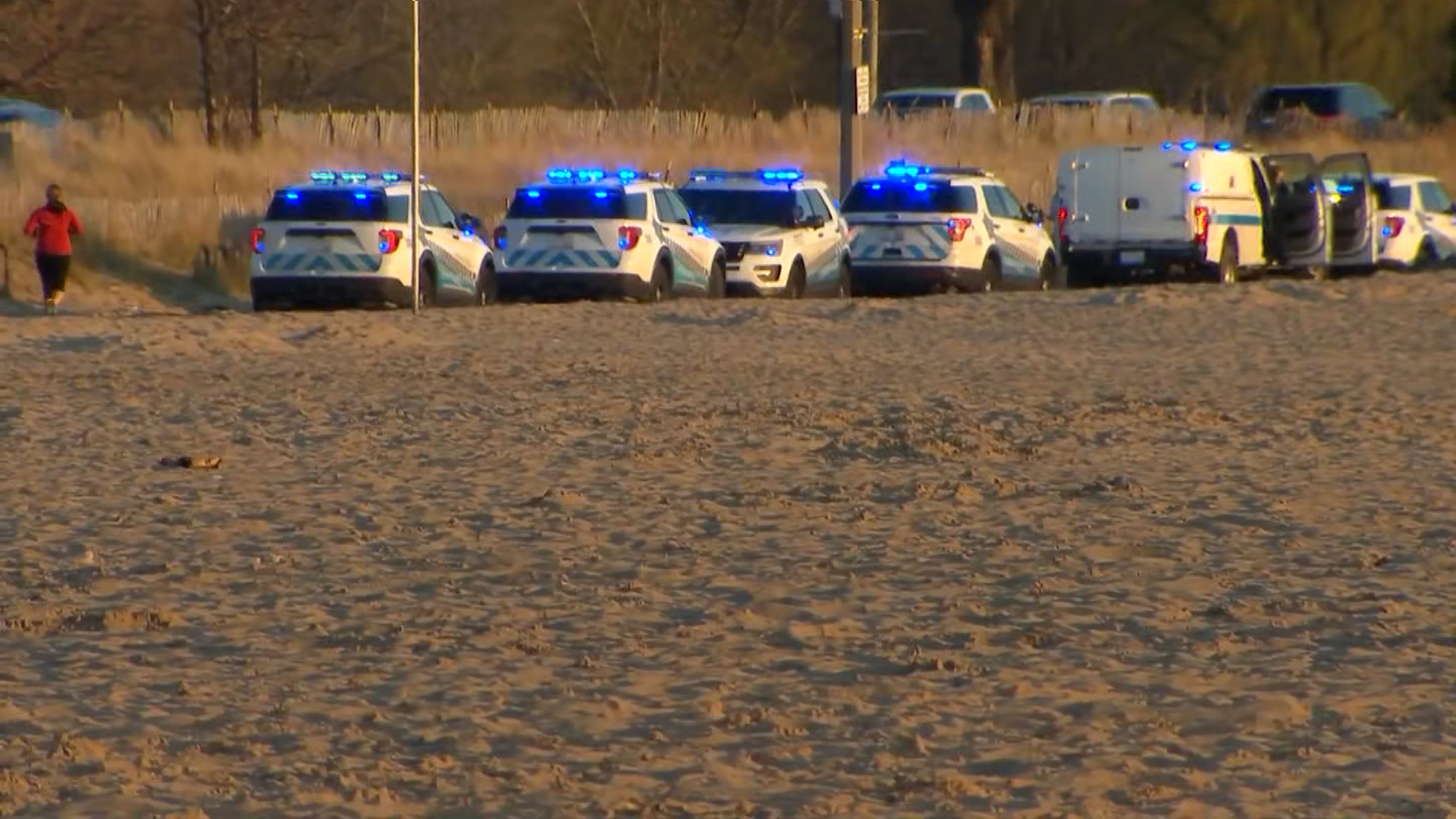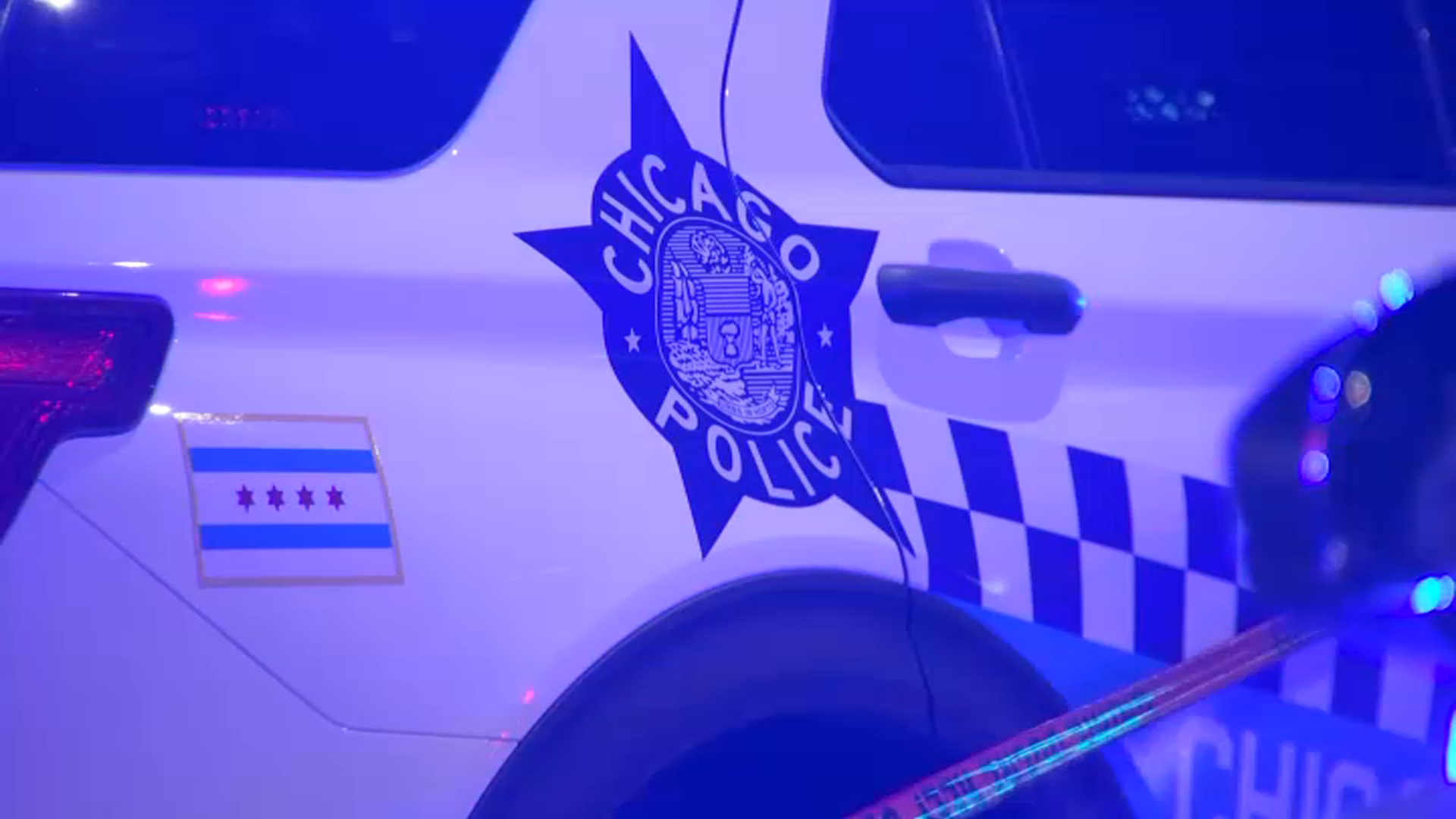In a departure from normal practice, federal courtroom staff this week did not record a significant hearing that touched on government surveillance methods, and a court official attributed the mistake to workers spooked by U.S. agents sweeping the courtroom for bugging devices.
Gino Agnello, clerk of the U.S. 7th Circuit Court of Appeals in Chicago, told The Associated Press that the failure to record Wednesday's much-anticipated hearing was a first in his 25 years on the job. As a matter of course, oral arguments at the appeals court are recorded, then promptly posted online.
The mistake means there is no official record or transcript of the hearing, which focused on a trial judge's unprecedented ruling in January granting lawyers for terrorism suspect Adel Daoud access to Foreign Intelligence Surveillance Court records about their client. Reporters and other spectators did witness the first, public part of the hearing.
"We screwed up," Agnello said Thursday.
Government attorneys want the trial judge's ruling reversed, arguing that opening the documents to Daoud's attorneys could jeopardize national security. Defense lawyers say understanding all of the government's evidence, including any expanded surveillance or wiretap applications, is critical to their client getting a fair trial.
Daoud, a 20-year-old U.S citizen, has denied government allegations that he accepted a phony car bomb from undercover FBI agents in 2012, parked it by a Chicago bar and pressed a trigger. His trial is scheduled to start Nov. 10.
- Sept. 2012: Hillside Man Charged in Bomb Plot
- Sept. 2012: Defense Attorney Says Undercover Agents Improperly Lured Teen
The hearing was a rare, in-court discussion of questions linked to disclosures by Edward Snowden, a former National Security Agency contractor. After a 30-minute public session, judges also held a session behind closed doors — barring defense lawyers but allowing prosecutors to sit in. That private session would not have been recorded.
According to Agnello, staff overseeing the recording machines had watched federal agents go through the courtroom combing for listening devices. He said they just assumed — wrongly — that any recordings that day were strictly prohibited.
"They got scared," he said. "It was a miscommunication."
Daoud's attorney, Thomas Durkin, said he accepted that courtroom staff had "acted in good faith." But he also said not having audio available was a problem.
Local
"There should always be a transcript of any proceedings — especially one of this substance," Durkin said.
He also partly blamed the staff's failure to switch on the tape recorder on what he said was the fear the government creates whenever it broaches issues of secrecy and national security.
"The government starts yelling national security, and everyone gets scared," he said.



